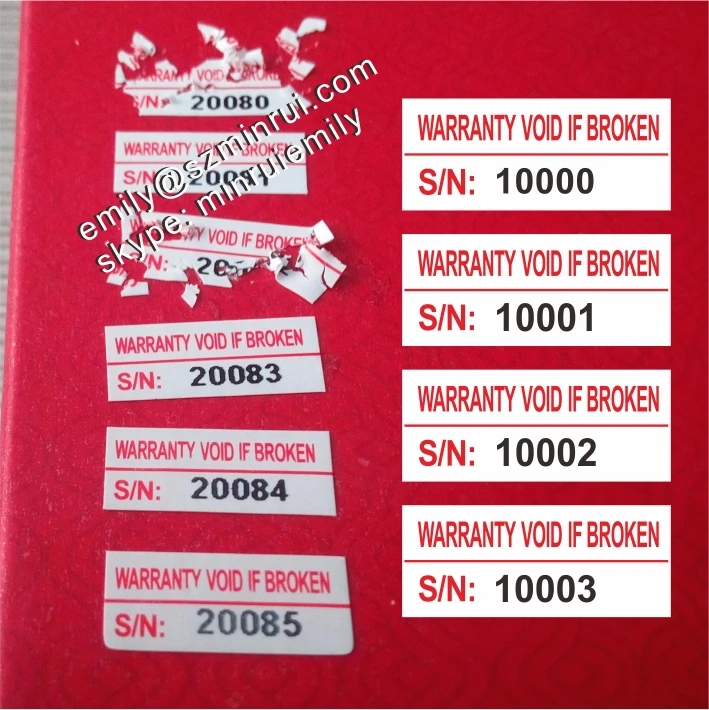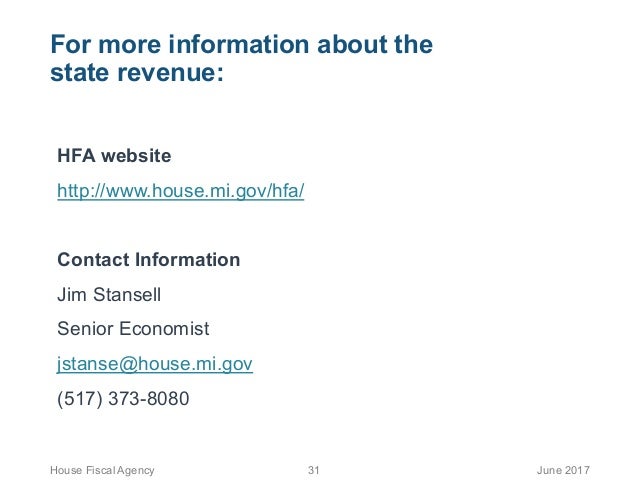
Image source: https://sc01.alicdn.com/kf/HTB16MsUHpXXXXXrXFXXq6xXFXXXb/200991871/HTB16MsUHpXXXXXrXFXXq6xXFXXXb.jpg
Tax shelter is one of the returns associated with real estate investment that benefits income property ownership. Thanks to the tax shelter benefits provided by the tax code, a real estate investment can shelter some of its own income from taxation and occasionally shelter income received from other investment sources as well.
In this article we will explore two allowable deductions for real estate investment properties that provide tax shelter.
The first of these deductions is for mortgage interest. The IRS allows a deduction for the interest that's paid on the mortgage obtained to acquire the rental property. The benefit to real estate investors is that interest is really a cost associated with acquisition of property rather than operating it, and the argument can be made that tenants really pay the mortgage interest for the real estate investor.
Depreciation (or cost recovery as the IRS now refers to it) is the second source of tax shelter associated with investment property ownership. The IRS allows investment property owners to assume that the buildings (not the land) are wearing out over time and becoming less valuable and as such, permit a deduction for that presumed decline in the value of the asset.
Okay, but here's what's really great about real estate depreciation.
Depreciation is a non-cash tax shelter deduction. In full compliance with the tax code, you get a deduction that is not an operating expense and therefore does not affect your cash flow. Moreover, depreciation can shield some or all of your property's year-to-year income from taxation and in some cases when the depreciation deduction is large enough, it can even exceed the amount needed to shelter the property's own income and provide tax shelter for other investment income as well.
A simple formula for the tax shelter component of real estate investment property doesn't exist, but here's the idea.
Income less Operating Expenses = Net Operating Income
Then,
Net Operating Income less Mortgage Interest less Depreciation (Cost Recovery) = Taxable Income
EXAMPLE: Let's say you own an income property that generates rental income of $48,000 and operating expenses of $19,200 thereby leaving a net operating income of $28,800.
Okay, to calculate you taxable income, you will deduct your mortgage interest and allowable depreciation from the net operating income.
Remember, most mortgage payments consist of principal and interest, but only the interest portion of the mortgage payment is deductible. For our example, we'll say that mortgage interest is $17,559.
The amount of depreciation depends on several factors: the useful life of the buildings as specified in the tax code and the percent of the investment real estate allocated to buildings and land. Useful life is currently 27.5 years for residential property and 39 years for nonresidential property, and only buildings can be depreciated. For simplicity, we'll say that our deductible amount for depreciation is $10,037.
Here's the calculation: $28,800 17,559 10,037 = $1,204. The result is that you must pay Federal income tax on a taxable income of $1,204 (which is a whole lot less than you would have had without the tax shelter benefits, and thereby one of the great benefits associated with real estate investment property
Deductions for mortgage interest and property depreciation are the biggest tax shelter returns, but just so you know, there are other components to tax shelter. For instance, you can typically depreciate capital additions over the same useful life of the property, starting when they are placed in service. You are also allowed to amortize closing costs associated with the acquisition of investment real estate over the same useful life, as well as loan points amortized over the number of months of the loan term.
You get the idea.
The elements of tax shelter associated with real estate investing really can benefit rental property owners. If you aren't yet investing, perhaps this article will encourage you to get started. Here's to your real estate investing success.
